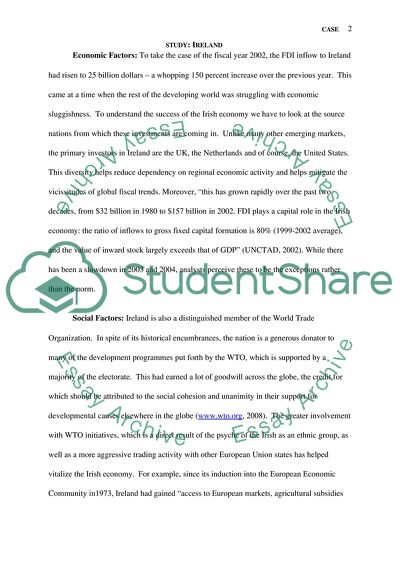Cite this document
(Perspectives of Ireland's Economic Development Case Study, n.d.)
Perspectives of Ireland's Economic Development Case Study. Retrieved from https://studentshare.org/macro-microeconomics/1546971-case-study-internaional-business-report
Perspectives of Ireland's Economic Development Case Study. Retrieved from https://studentshare.org/macro-microeconomics/1546971-case-study-internaional-business-report
(Perspectives of Ireland'S Economic Development Case Study)
Perspectives of Ireland'S Economic Development Case Study. https://studentshare.org/macro-microeconomics/1546971-case-study-internaional-business-report.
Perspectives of Ireland'S Economic Development Case Study. https://studentshare.org/macro-microeconomics/1546971-case-study-internaional-business-report.
“Perspectives of Ireland'S Economic Development Case Study”, n.d. https://studentshare.org/macro-microeconomics/1546971-case-study-internaional-business-report.


